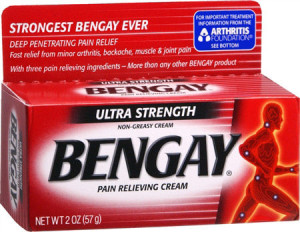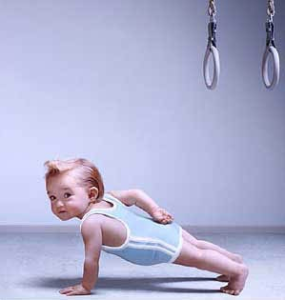I’m sure you’ve all heard of the infamous tiger mom, Amy Chua who believed “tough love” was the most efficient way in parenting children; however, I believe her methods of strict parenting are extremely unnecessary. 
Some examples of her parenting style include “ calling one of her two daughters “garbage” for being rude, dismissing a homemade birthday card as subpar (“I don’t want this — I want another one”)…or threatening to give away a beloved dollhouse if her daughter couldn’t master a complicated classical composition within days.” Chua also believed that “Chinese mothers are better than those of any other race.” Being raised in an Asian household, I can definitely say my parents never treated me with disrespect and although some Asian parents might be more strict, there isn’t any way to categorize them as “better” than others. 
Aaminha Kahn, a writer for Forbes magazine, grew up with a father figure who was a close match to Amy Chua’s definition of a “tiger parent.” Tiger parents typically hold extremely high standards for their children to reach and expect them to meet those standards no matter what. When Kahn told her father she “wanted to be a writer, but my father had made it very clear that firstly, writing was a rubbish profession for lower-class people, and secondly, if I didn’t study medicine, I would find myself out of a home and without a family in short order.” By living up to her dad’s standards Kahn had difficulty becoming the person she wanted to be and always had someone standing in her way. With an overbearing father, it was hard for Kahn to reach her full potential because she was always afraid of her father’s disapproval.
In my opinion, it is better to nurture your child than to restrict them from doing what they are truly passionate about. Obviously it is up to the parent on how to raise their children, but from experience, I can say that I definitely appreciate parents who aren’t overbearing.








